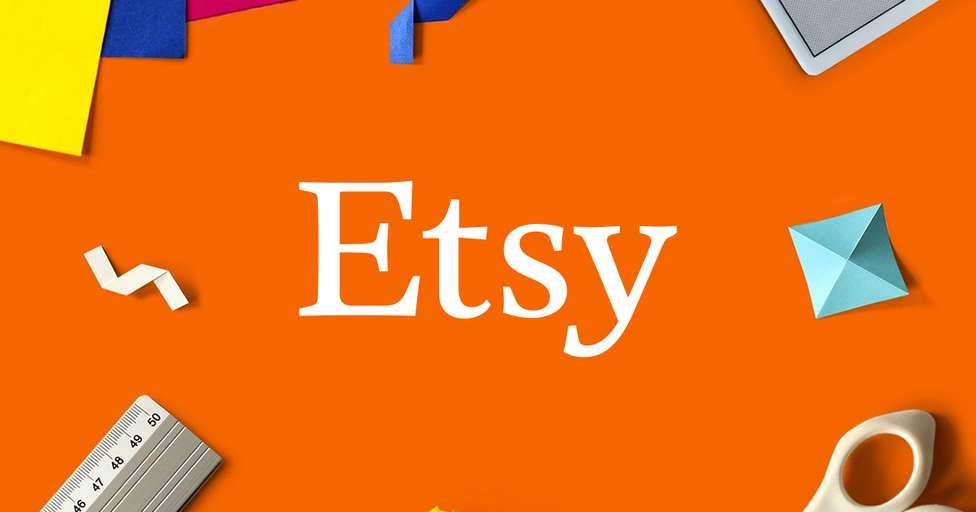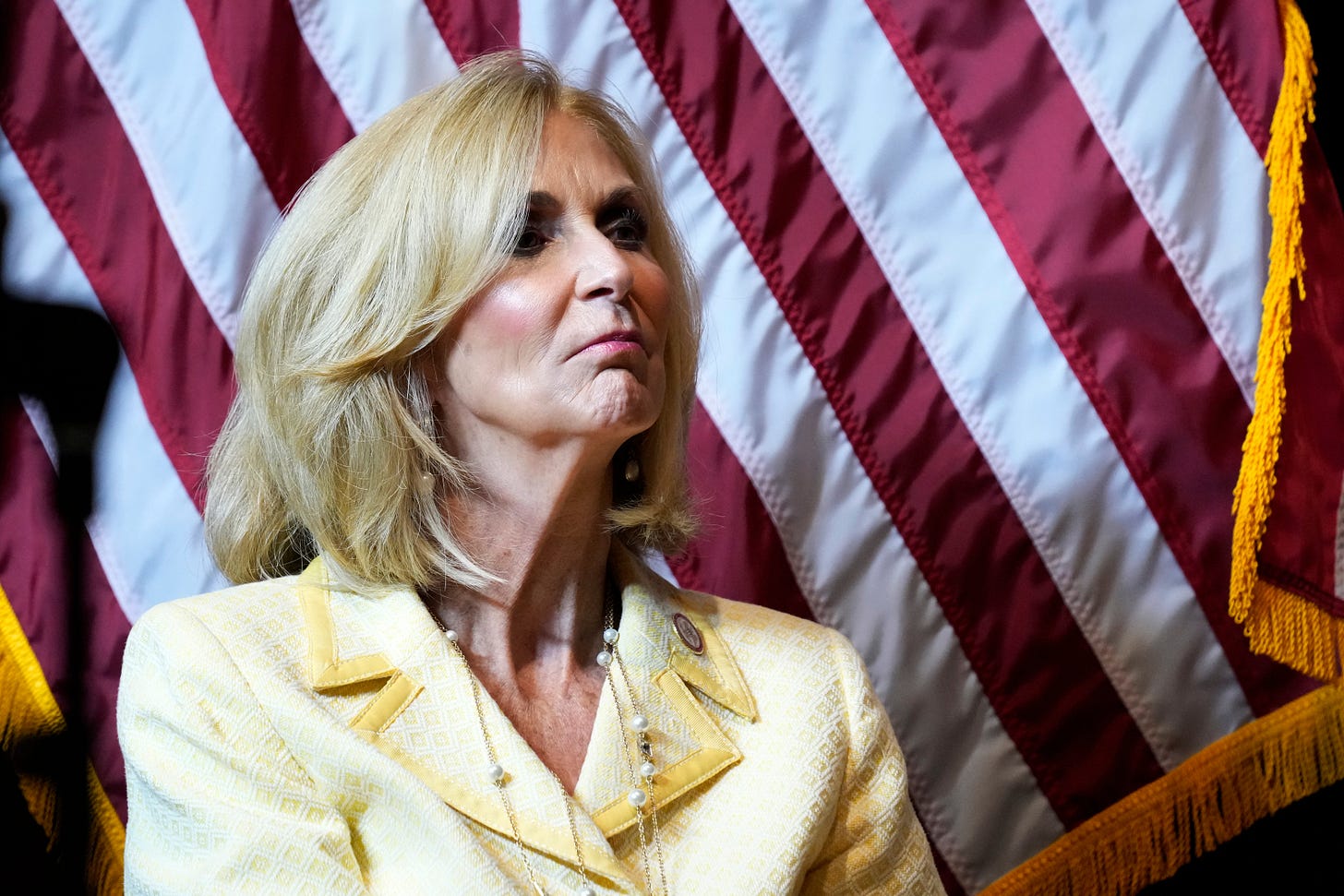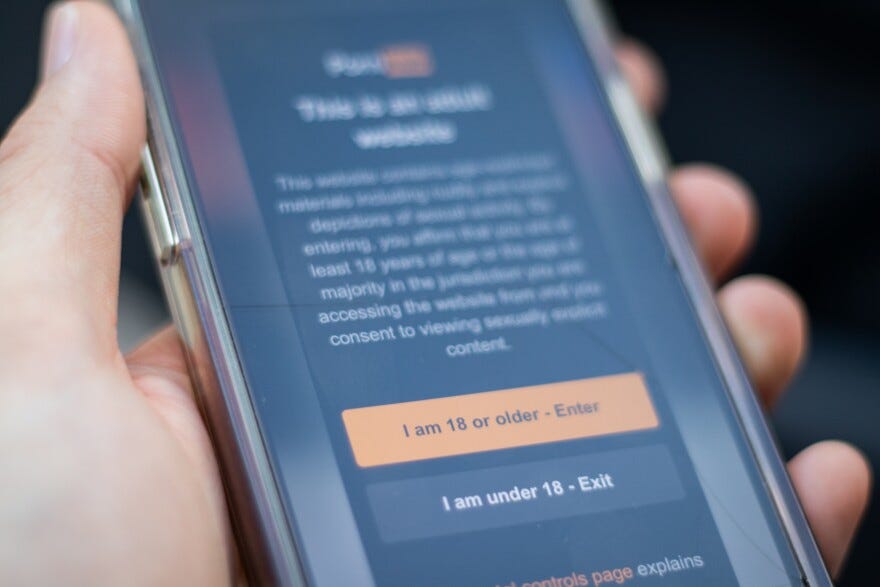Big news:
US Supreme Court Weighs Age Verification Laws
Spain Introduces Digital Wallets for Access to Online Porn
The UK Labour Majority in the UK, and What it Means for Child Safety Online…
1. US Supreme Court Weighs Age Verification Laws
In what will be a landmark case for age verification in the United States, the US Supreme Court reviewing age verification laws which risks violating adults rights accessing content online. The case centers on whether states can mandate websites to verify users' ages to prevent minors from viewing explicit material. Proponents argue that such measures are necessary to protect children from harmful content, while critics raise concerns about privacy and the feasibility of enforcing these laws effectively. The court's decision could set a precedent for how digital platforms handle age verification, potentially leading to widespread changes in internet regulations and practices in the US. This case underscores the ongoing debate over balancing child safety and privacy rights in the digital age.
“the act requires adults to comply with intrusive age verification measures that mandate the submission of personally identifying information over the internet in order to access websites containing sensitive and intimate content”
— The Free Speech Coalition
2. Spain Introduces Digital Wallets for Access to Online Porn:
The Spanish government is introducing a digital wallet to help porn platforms verify users’ ages. The digital ID system aims to prevent minors from accessing online pornography: The "Digital Wallet Beta" app will verify users' ages and issue a credential valid for 30 days to access porn sites. This initiative, spearheaded by Spain's National Cybersecurity Institute, aims to address the negative impacts of pornography on youth, including distorted perceptions of sexuality and potential for addiction. The system will be optional for websites, but it might eventually be integrated into the broader European eIDAS2 digital identity framework. Critics cite the complicated nature of the method of age verification. José Luis Escrivá, Spain’s digital secretary, has responded citing the gravity of the problem and the benefit of the method for maintaining user privacy while ensuring effective age verification. See Politico, Biometric Update, and Cyber Daily for more.
“The consequences of access to adult content are very serious, and they impact us all…This system of verification of the age of majority that we present today is one of the most necessary and effective measures to fight against this problem.”
— José Luis Escrivá (Spain’s digital secretary)
3. The UK Labour Majority in the UK, and What it Means for Child Safety Online…
Labour wins by a landslide in the UK elections with a 326-seat majority (2 seats to go). Despite online safety receiving no coverage during the election, it was a feature of Labour’s manifesto. Let’s take a look at their party manifesto pledge (p. 103) regarding child safety online and age verification:
There is reason to hold some optimism that the new Labour government will hold Ofcom to account and fulfil their pledge to child protection online and respond to the harms the under-regulated internet does have on young people. Some campaign groups have already started to call on the new PM, Keir Starmer, to introduce policies that protect children from digital harms. See one example below from the Safescreens Campaign:
“We are calling on YOU, @Keir_Starmer, to adopt a regulatory framework for smartphones for all children to the end of secondary school KS4 to protect children’s physical & mental health & to safeguard their academic, social and developmental potential.”
Big Tech:
Social Media adapts to Child Protection Laws in the EU: Social media platforms are undergoing significant changes to comply with newly implemented child protection laws in the EU. These laws require platforms to implement stricter age verification processes, enhance content moderation, and increase transparency around data practices. Major platforms like Facebook, Instagram, and TikTok are rolling out new features and policies to meet these requirements. This includes advanced AI-driven content filters, restricted advertising to minors, and parental control tools. These changes aim to reduce the exposure of children to harmful content and ensure a safer, more secure online experience. The adaptation process highlights the growing global emphasis on protecting young users in the digital space.
Etsy introduces strict measures against porn on its site: Etsy, the popular online marketplace, has announced new measures to ban the sale of certain sex toys and explicit content. This move is part of Etsy's efforts to maintain a family-friendly shopping environment. The new policy will see the removal of listings that feature explicit adult content and certain sex toys deemed inappropriate. Sellers who fail to comply with these guidelines risk having their shops suspended or permanently closed. Etsy's decision comes in response to increasing scrutiny over the availability of adult content on online platforms accessible to minors. By tightening its content policies, Etsy aims to ensure a safer shopping experience for all users, and illustrates to other Big Tech that policy protecting young people from adult content is possible.
“When listing an item that has mature content, the first thumbnail image in your item listing should be adequately obscured”
— Etsy new rules of mature content
ID Verification Service Breached: Another ID verification service has been breached, exposing sensitive personal information collected on behalf of major companies like Uber and TikTok. This breach highlights the vulnerabilities inherent in digital ID verification systems, which are increasingly used to comply with age and identity verification laws. The exposed data includes names, addresses, and government-issued IDs, raising serious privacy and security concerns. This incident underscores the need for robust cybersecurity measures and transparent data handling practices to protect users' personal information.
Around the World:
Australia:
Meta denies harms to children called into enquiry: Meta has been called into an Australian parliamentary inquiry to address concerns about its impact on children's safety online. The inquiry investigates the extent to which social media platforms contribute to online harm against children, including exposure to inappropriate content and cyberbullying. Meta has denied any direct harm (see Antigone Davis quote bellow) emphasising its efforts to enhance safety features and protect young users (their efforts are negligible despite its investments in AI technology for content moderation and new tools for parental control). Prime Minister Anthony Albanese responded to Ms Davis’, arguing her comments demonstrates the tech company’s arrogance. This inquiry is part of a broader global effort to hold tech companies accountable for their role in children's digital safety, reflecting growing public and governmental scrutiny.
“I don’t think social media has done harm to our children”
Antigone Davis (Meta global safety head)
Indiana and Mississippi:
Federal judge halts Mississippi and Indiana law requiring age verification: Federal judges have temporarily blocked age verification laws in Indiana and Mississippi, citing concerns about their constitutionality and potential impact on free speech. Critics argued that the laws imposed over-burdens on both users and website operators, potentially leading to privacy violations. The court's decision to halt these laws reflects ongoing legal debates over the best approaches to protect children online while respecting individual rights and freedoms. The rulings are seen as victories for digital rights advocates and a step back on age verification policy.
“mandating age and identity verification for digital services will undermine privacy and stifle the free exchange of ideas.”
Chris Marchese (director of the NetChoice Litigation Center)
Kansas:
Pornhub blocks access to Kansas over new law requiring users to verify their age: Pornhub has blocked access to its site for users in Kansas in response to a new state law requiring age verification for accessing adult content. Pornhub's decision to block access rather than implement the verification system highlights the challenges and controversies surrounding age verification laws. Critics argue that such laws are difficult to enforce and can infringe on privacy rights, while supporters believe they are necessary to protect children. This development in Kansas is part of a larger national debate on how best to balance online safety and privacy
New York:
New York passes law on “addictive” social media feeds for children: New York has passed a seminal law aimed at reducing the addictive nature of social media feeds for children. The legislation requires social media companies to implement design changes that discourage prolonged use and excessive screen time among young users. This includes features like automatic time limits, notifications to take breaks, and restrictions on certain types of engagement-driven content. The law is part of broader efforts to address mental health concerns related to social media use, particularly among adolescents.
Editor’s picks:
safescreencampaign on X: “We are calling on YOU, @Keir_Starmer, to adopt a regulatory framework for smartphones for all children to the end of secondary school KS4 to protect children’s physical & mental health & to safeguard their academic, social and developmental potential.”
SueAtkins on X: “‘I wish I’d given my kids social media sooner ~ said no parent ever!”
FightTheNewDrug on X: “As long as there’s a demand for porn—especially porn that is extreme, abusive, or degrading—the porn industry will continue to exploit vulnerable people to meet that demand.”











